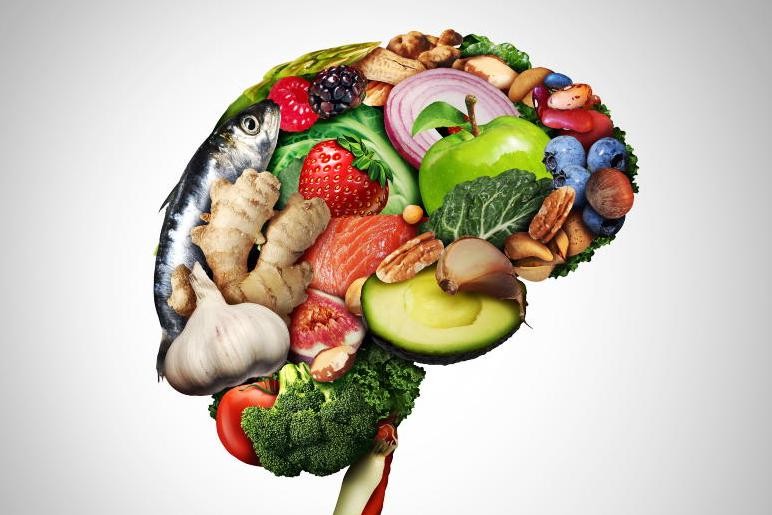Introduction
Better nutrition can help you improve your health, whether you want to lose weight, address your sluggish digestive system or simply feel better. By making thoughtful, educated decisions, you can build a healthy and nutrition-filled diet that is best for you. Below are ten strategies to get back on track with your eating and preserve your health for the long-haul.
Embrace Whole Foods
Eat whole, fresh and minimally processed foods. These things contain high amount of fibers, vitamins, nutrients.
Examples: Fresh fruits, vegetables, whole grains, lean proteins and healthy fats.
Benefits: Whole foods provide sustained energy, aid in digestion and help manage a healthy weight.
Increase Fruit and Vegetable Intake
Fruits and vegetables are full of nutrients and antioxidants.
Variety: Use a variety of color to consume a good variation of the vitamins and minerals.
Serving Tips: Fill up half your plate with fruits and veggies at each meal.
Choose Whole Grains
Whole grains are high in fibre and nutrients.
Opt for: Brown rice, quinoa, whole wheat bread, and oats.
The Upside: Whole grains are good for your heart, digestion and give you more energy.
Limit Added Sugars
Cutting down on added sugars can lead to better health and a reduced risk of chronic diseases.
Read Labels: Look out for sneaky sugars in packaged foods and drinks.
Alternatives: Opt for natural sweeteners such as honey or fruits for sweetening, minus the calories.
Prioritize Lean Proteins
The fact is you can’t go without protein not for your muscles or any function in your body.
Sources: Select lean meats, fish, eggs, beans and legumes.
Benefits: Lean meats provide all the necessary amino acids and help with metabolism.
Stay Hydrated
With all bodily functions, hydration is essential.
Wire First: Drink water as your main beverage during the day.
Stay Away from Sugary Drinks: Cut down on soda and sugary drinks and stick to herbal tea or water instead.
Practice Portion Control
When you pay attention to portion sizes, it is easier to quit eating before you’ve eaten too much and overconsumed calories.
Smaller Plates: It’s a simple and effective trick to help control portions naturally.
Respond to Hunger: Stop eating when you feel satisfied and not too full, and practice listening to your body’s signals when you’re hungry.
Incorporate Healthy Fats
“Good fats that are essential to good brain function and production of hormones.
Sources: Eat avocados, nuts, seeds and olive oil as part of your diet.
Pros: These fats help the health of the heart, supplying necessary fatty acids.
Plan and Prepare Meals
If you plan you can make healthier decisions and reduce binge eating.
Plan Weekly: Plan a weekly meal Menu and Also stock up your market with the essential healthy foods.
Batch Cooking: Also Save Time and Healthy Eating: Our variety of portion sizes make meal prepping, batch cooking, and cooking in general so convenient! And the food… is so yummy!
Limit Processed Foods
The majority of processed foods are high in unhealthy fats, sugar and salt.
Go Fresh: Base your diet on fresh, unprocessed foods.
Pros: A decrease in processed food consumption is good for your heart and decreases the risk of chronic disease.
Conclusion
To eat better, don’t have to be difficult – you don’t have to be wishing for hunger to eat better food better for you. You can build a balanced, healthful eating plan by using whole foods, which can help you get more fruits and vegetables, whole grains and lean proteins. Staying hydrated, monitoring portion sizes, adding the right kind of fats, planning meals, and cutting processing from your diet are all easy ways to take your newfound diet habits to the next level. These are not just good for the body, but also to the mind allowing you to live a more brighter and energetic lifestyle.

